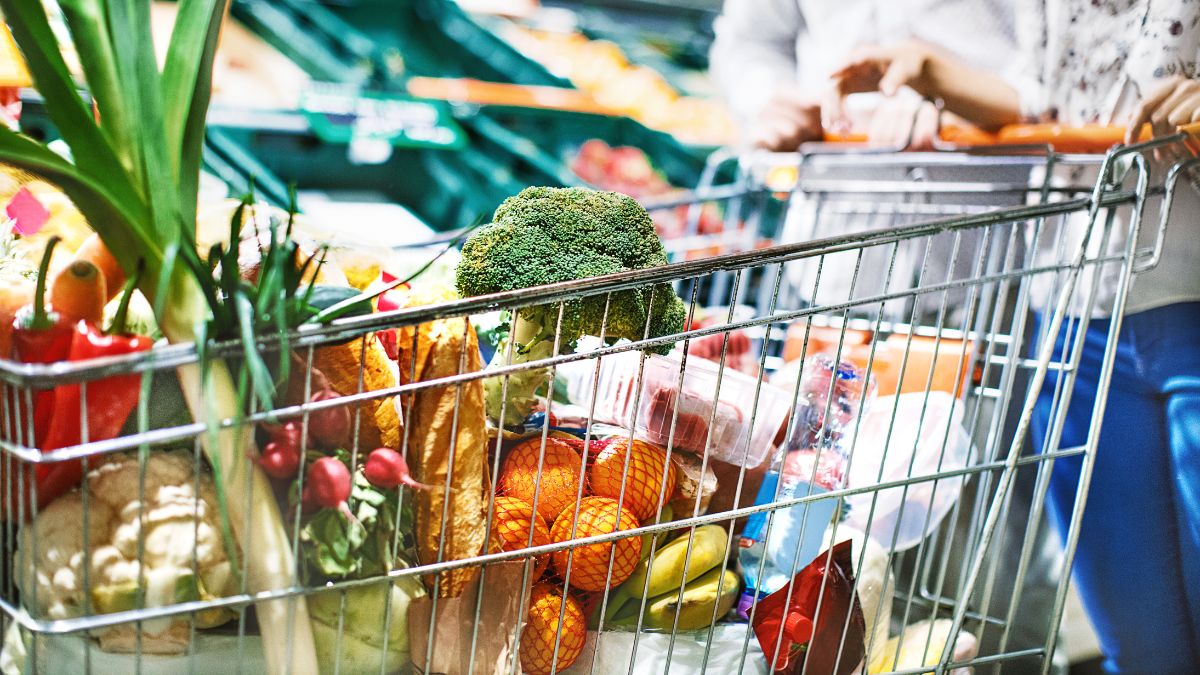SNAP Benefits will be Reduced to Pre-Pandemic Levels March 1

![]()
SNAP Benefits will be Reduced to Pre-Pandemic Levels March 1 (Springfield, IL) (via The Center Square) — Food pantries are bracing to feed more hungry people in Illinois.
In March, Supplemental Nutrition Assistance Program card holders in Illinois will see reductions of $55 to $250 per person, said Man-Yee Lee, spokesperson for the Greater Chicago Food Depository.
The Greater Chicago Food Depository is a food bank that supplies food to more than 700 local food pantries. Two million people in one million Illinois households currently receive SNAP benefits.
In April 2020, after the COVID-19 pandemic emergency was declared, the federal government added bonus dollars to SNAP cards, the taxpayer-funded cash cards that people of certain income levels use to buy groceries. In March, the federal government will return the subsidies to pre-pandemic amounts.
“Many people may not be following what Congress is doing and they may not know that these changes are happening,” Lee told The Center Square. “At a time when food prices remain high, we are really worried that this reduction in benefits will take people by surprise.”
One in five households in the region struggles to put food on the table, Lee said.
“The hunger crisis preceded the pandemic,” Lee said. “Inflation has only made it worse.”
The exact size of the benefit decrease that each household will experience in March will vary greatly, depending on income and household size, Lee said. People with little to no net income will see the smallest reduction. The average one-person recipient will see a reduction of $86 a month, Lee said.
The Greater Chicago Food Depository encourages people to check their accounts at the Application for Benefits Eligible website. Follow the links at chicagosfoodbank.org/snapea for more information.
If circumstances in the household have changed, the household may qualify for increased benefits. Among the circumstances that could allow for more benefits are if more people are now living in the home, if the household income has gone down, housing, medical or child care expenses have gone up, or if a person in the household is paying child care expenses for a child who lives elsewhere.
This winter, inflation has sent more people to food pantries and meal programs, Lee said. For months now, the food depository has been buying more food to keep up with increased demand.
Generous donors in the private sector do supply some food, but much of the food is bought directly by the food depository, Lee said.
“People do not realize that the food depository continues to purchase much of the food that it distributes,” she said.
In recent months, the depository has doubled what it spends on the food that it supplies to its food bank partners, Lee said.
“This is something that we have been addressing for quite a while now and we are very concerned,” she said. “A recent consumer price index showed that prices are stabilizing – except food prices.”
The depository has managed to keep local food pantry shelves stocked, but it has been tough, Lee said. Come March, when SNAP payments are reduced, she expects even more people to turn to food pantries to put food on the table.
SNAP Benefits will be Reduced to Pre-Pandemic Levels March 1








Responses